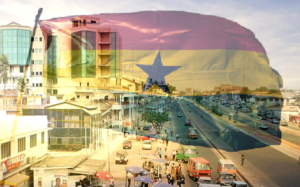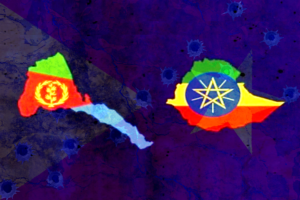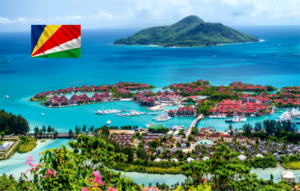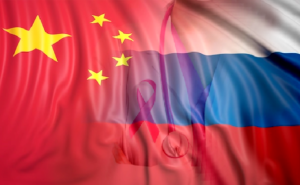Madagascar’s New Junta: as Coup leader is Sworn in as President
Antananarivo, in a stunning political twist that unfolded over just three days ago, Madagascar’s corridors of power have shifted from the presidential palace to the military barracks. Colonel Michael Randrianirina, a career army officer once known only within elite military circles, was sworn in Friday as the island nation’s new president. Sealing a rapid and controversial military takeover that has rattled the Indian Ocean nation.
The ceremony, held inside the High Constitutional Court’s grand chamber, was swift and symbolic. A soldier’s salute turned into a presidential oath. Randrianirina’s rise followed weeks of unrest that drew thousands of young protesters into the streets, angry over rising prices, corruption, and unemployment.
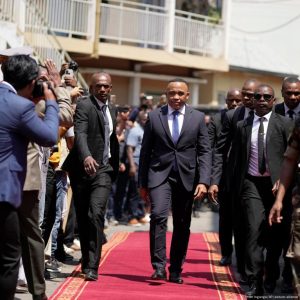
In the arrears of public anger lay a country severely divided between generations, between city and countryside; and between a restless youth and an aging political elite. Many think, the coup is less about ideology than about exhaustion. Too many years of fragile democracy and dashed economic hopes, in a nation rich in resources but poor in opportunity.
The ousted president, Andry Rajoelina, fled the country earlier this week, saying his life was in danger. His disappearance was followed almost immediately by an impeachment vote in parliament and the colonel’s announcement that the military was taking control “to restore order and stability”, while succession-by-coup was processing in.
But the international response has been sharp. The United Nations called the power grab unconstitutional, and the African Union suspended Madagascar’s membership, warning of sanctions if civilian rule isn’t restored. How effectually impactful this sanctions would be, outrightly depends on the new junta regime’s leadership dynamics.
In the opinion of Colonel Randrianirina, who has promised “a transition led by discipline and national renewal”, the nation faces an edge. In the capital, markets buzzed with speculation and quiet fear. Some families have stocked up on food; others have pinned new hopes on a soldier-president to bring-in economic development, progress and order where politicians have failed.
Madagascar, a country of 30 million people and known for its biodiversity and turbulent politics, now stands at another junction of its future uncertain, its democracy once again under the shadow of the gun.


